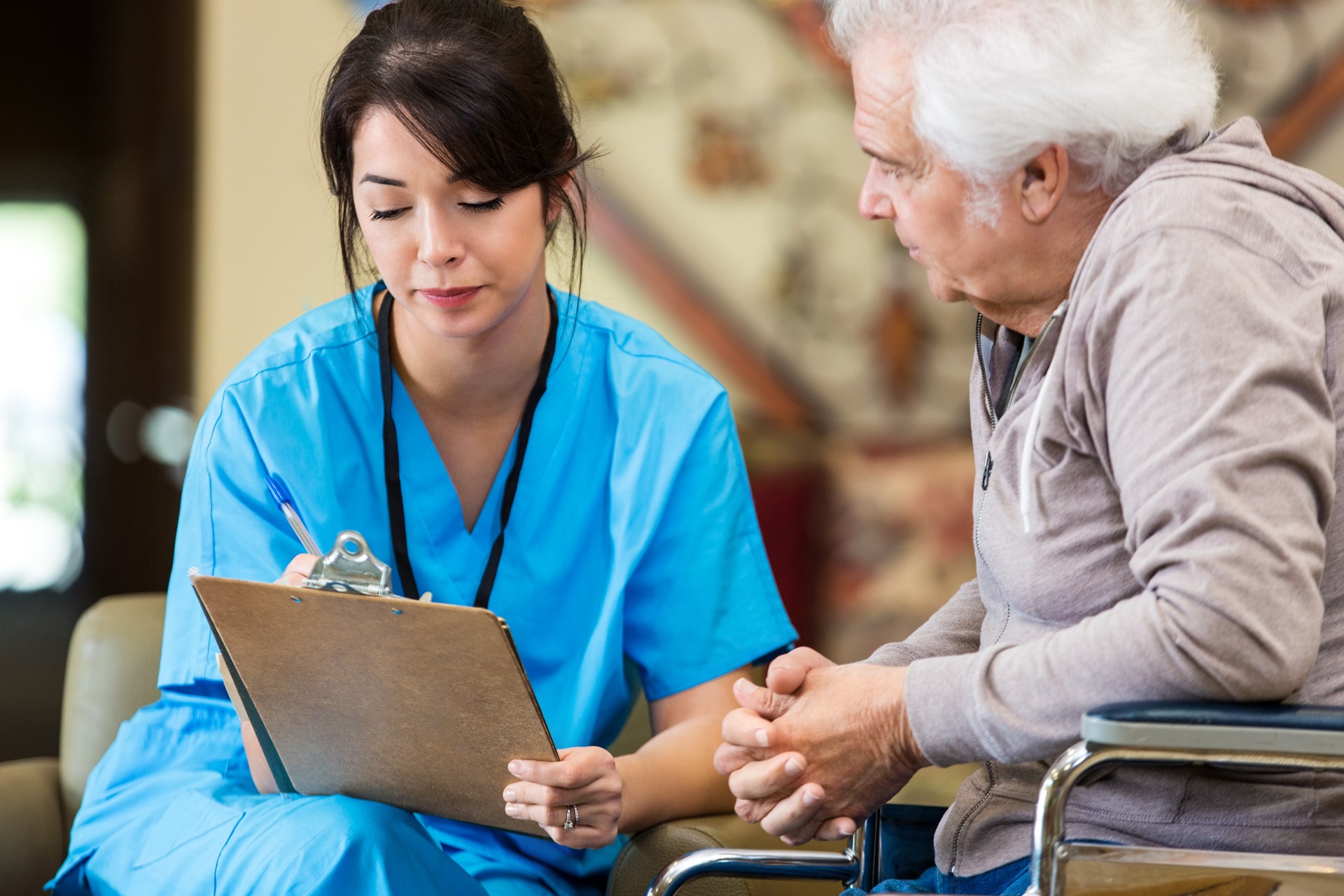The ACS has been working diligently with Congress to share insights into issues related to surgery and to spur action. Learn about recent activity in Washington, DC.
ACS Weighs in with Lawmakers on Graduation Medical Education Reform
Senate Finance Committee Chair Ron Wyden (D-OR), along with seven bipartisan members of the Finance Committee, released a policy outline describing changes to the Medicare Graduate Medical Education (GME) program and solicited stakeholder feedback on ways to address physician workforce shortages across the country and improve the distribution of physicians in rural and underserved communities.
The ACS response emphasized that while more GME positions are needed, increasing the number of slots alone is not enough. Policymakers must also take steps to accurately identify where shortages exist and incentivize physicians of all specialties to practice in those areas.
In the response, the ACS maintains that collecting accurate and actionable workforce data is a critical prerequisite for any GME reform efforts and outlines several policy proposals to strengthen GME and the physician workforce more broadly:
- A single stream of funds for both indirect medical education and direct graduate medical education managed by a regional governance body accountable for receipt of those funds
- Federally designated surgical shortage areas
- Supporting recent medical graduates with student loan deferment and forgiveness
Finally, the ACS made clear that while continued investment in primary care is needed, it is essential that policymakers consider the full range of medical specialties when addressing healthcare workforce challenges.
Learn more about how you can help by contacting ahp@facs.org.
College Leads Letter to Senate Appropriators on Investing in Global Surgical Care
The ACS directed development of a letter signed by 17 organizations representing surgeons and anesthesiologists that was sent to the Senate Appropriations Subcommittee on State, Foreign Operations, and Related Programs (SFOPS) that calls for the inclusion of $10 million for Neglected Surgical Conditions within the State, Foreign Operations, and Related Programs (SFOPS) Appropriations Report for fiscal year 2025.
Such investment in global surgical care would transform the lives of millions of children and adults around the world. The requested language would call for $10 million to strengthen surgical health capacity to address such health issues as cleft lip and cleft palate, club foot, cataracts, hernias, fistulas, and untreated traumatic injuries in underserved areas in developing countries, including in contexts without water or electricity.
Strengthening surgical health systems includes the training of local surgical teams to provide safe, sustainable, and timely surgical care, and assisting ministries of health to develop and implement national surgical, obstetric, trauma, and anesthesia plans.
The ACS will continue to engage with policymakers in support of advancing this language in the final SFOPS funding bill.
Learn more about how you can help by contacting ahp@facs.org.
Urge Your Elected Officials to Act on PAHPA Reauthorization
The Pandemic and All Hazards Preparedness Act (PAHPA) was enacted to improve the nation’s response in public health and medical emergencies. Unfortunately, funding for the programs included in this important legislation has expired and must be reauthorized. The US Senate and House of Representatives have each introduced bills to reauthorize PAHPA, and it is critical that Congress act to pass legislation before the end of the year.
legislation includes several initiatives championed by the ACS, including the Mission Zero program, which provides grants to cover the administrative costs of embedding military trauma professionals in civilian trauma centers.
Additionally, the ACS has advocated for the establishment of a National Trauma and Emergency Preparedness System (NTEPS) built on a connected network of Regional Medical Operations Coordination Centers and has urged lawmakers to include this concept in PAHPA reauthorization legislation. This proposed system would be able to oversee and coordinate daily medical needs as well as surge in an emergency scenario such as a future pandemic or other mass population event.
Due directly to ACS advocacy, the Senate bill, the Pandemic All-Hazards Preparedness and Response Act, contains language in Section 103 that reauthorizes the Hospital Preparedness Program and improves coordination and surge capacity of regional medical operations within and among health care coalitions.
The language also requires that eligible entities establish and maintain or leverage existing capabilities to enable coordination of regional medical operations within a coalition and between multiple coalitions in close geographic proximity, an important step toward the NTEPS concept.
Because the House and Senate have proposed different bills to reauthorize PAHPA that must be combined into a final bill, the ACS urges Congress to ensure that the language in Section 103 of the Senate bill is maintained in the final legislative package.
Visit SurgeonsVoice and urge your elected officials to take action and reauthorize PAHPA immediately.








